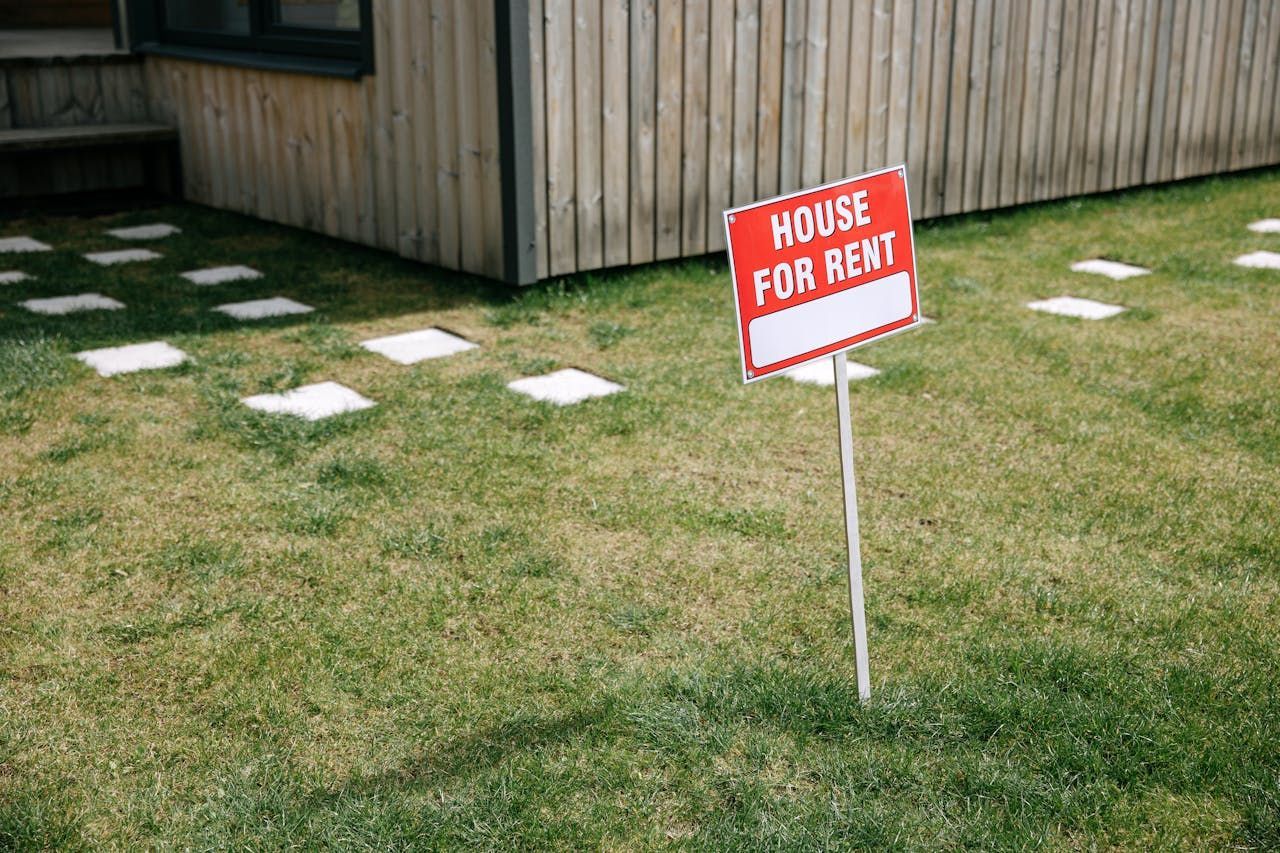Fair Housing Act in Texas
Key Takeaways
- Fair Housing Laws Apply Broadly: Federal and Texas fair housing laws protect tenants from discrimination based on race, religion, sex, disability, familial status, and more — and they apply to nearly all rental properties, from single-family homes to apartment complexes.
- Common Mistakes Can Lead to Violations: Innocent-sounding phrases in ads like “no kids” or inconsistent screening practices can result in costly legal trouble. Landlords must be cautious and consistent in all advertising and tenant interactions.
- Accommodations for Disabilities Are Legally Required: Landlords must allow reasonable accommodations and modifications for tenants with disabilities, such as service animals or installation of accessibility features, unless they create an undue burden or structural risk.
- Professional Property Management Minimizes Risk: Partnering with an experienced property management company helps ensure advertising, screening, and tenant communication all comply with fair housing laws — reducing legal exposure and protecting your investment.
Did you know that even a small mistake in tenant screening or advertising can lead to a Fair Housing violation? Across Texas, landlords are held to strict federal and state standards that protect tenants from discrimination.
These landlord-tenant laws apply to nearly every type of rental property, from single-family homes in College Station to apartment complexes in Houston or Austin. Whether you manage your own property or use a professional service, understanding these laws is essential to protect your investment and reputation.
To help Baylor area landlords stay compliant and avoid costly penalties,
Campus Realtors put together this article explaining how the Fair Housing Act applies in Texas, what landlords need to do, and why working with an experienced property management company can make a major difference.
Understanding Fair Housing Laws in Texas
What the Fair Housing Act Covers
The Fair Housing Act is a federal law that prohibits discrimination in housing based on specific protected categories. In Texas, this law is enforced by both the U.S. Department of Housing and Urban Development (HUD) and the Texas Workforce Commission Civil Rights Division (TWC-CRD).
Landlords must follow both federal and state versions of the law, which together make it illegal to deny housing or treat tenants differently based on:
- Race
- Color
- National origin
- Religion
- Sex (including gender identity and sexual orientation)
- Familial status (such as families with children or pregnant tenants)
- Disability

Texas law mirrors the federal Fair Housing Act but adds enforcement mechanisms that make it easier for tenants to file complaints locally. For Baylor area landlords, this means compliance must be consistent not only with federal guidelines but also with Texas-specific procedures.
Examples of Fair Housing Violations
Violations often happen without intent. A landlord might think they are protecting their property, but the law interprets certain actions as discriminatory. Examples include:
- Refusing to rent to families with children.
- Charging higher rent or security deposits to tenants with service animals.
- Advertising that a property is best suited for “single professionals” or “Christian families.”
- Denying an application because of an applicant’s last name or accent.
- Evicting a tenant due to their race or ethnicity.
Failing to make reasonable accommodations for tenants with disabilities, such as allowing an assistance animal or modifying a unit at the tenant’s expense.
Even casual comments in listings or during showings can be used as evidence in a complaint. That is why landlords in Texas must be careful in how they communicate and document decisions.
How Complaints and Investigations Work in Texas
If a tenant or applicant believes they were discriminated against, they can file a complaint with the TWC-CRD or HUD. The agency will then investigate by reviewing documents, interviewing parties, and sometimes inspecting the property.
If a violation is found, consequences can include:
- Monetary penalties and damages
- Required training or monitoring
- Loss of rental licenses in some jurisdictions
- Civil lawsuits
In some cases, landlords have faced thousands of dollars in fines for unintentional discrimination. This is why it’s important to have written rental policies and to train anyone who interacts with applicants or tenants.

Advertising and Screening: Common Risk Areas
Two of the most common areas for Fair Housing mistakes are advertising and tenant screening.
Advertising
Landlords cannot express a preference for or against any protected group in rental listings. Phrases like “ideal for single adults” or “no kids” violate the law. Instead, focus on describing the property itself, such as square footage, amenities, or location.
Screening
Screening criteria must apply equally to all applicants. Setting different income requirements or background check standards for different people can be considered discrimination. It is best practice to use a consistent checklist and keep records of all applications and communications.
Reasonable Accommodations and Modifications
Texas landlords must permit reasonable accommodations and modifications for tenants with disabilities. Accommodations involve policy or service adjustments, such as reserved parking, support animals, or payment reminders.
Modifications are physical changes like ramps or grab bars that improve accessibility. Tenants usually cover the cost, but landlords must allow these changes unless they cause major structural problems or safety concerns.
Fair Housing and College Rentals
In college towns such as College Station, Austin, and Denton, landlords cannot exclude non-students or families in rental ads and must apply occupancy rules equally under local codes. Because student housing laws can be complex, working with a property management company experienced in this area helps ensure full compliance with federal and state regulations.

Benefits of Working With a Property Management Company
Compliance with the Fair Housing Act requires attention to detail, accurate recordkeeping, and consistent communication. A licensed property management company can handle these responsibilities professionally.
Here are some key advantages:
- Compliant Advertising: They know how to write listings that attract tenants without violating fair housing laws.
- Standardized Screening: They apply uniform criteria for background checks, income verification, and references.
- Proper Documentation: They keep records of every step to protect landlords in case of disputes.
- Tenant Relations: They handle accommodation requests correctly and respond to complaints promptly.
- Legal Updates: They stay informed on changing federal and Texas housing laws, keeping landlords compliant year-round.
Hiring professionals ensures that landlords remain protected while focusing on the financial performance of their properties.
Bottom Line
Texas landlords must follow strict federal and state fair housing laws that protect tenants from discrimination based on race, religion, sex, disability, familial status, and other factors. Compliance requires careful attention to advertising, screening, communication, and property management practices.
Even unintentional violations can result in serious legal and financial consequences. By understanding the Fair Housing Act and applying its principles consistently, landlords can create fair and successful rental relationships across Texas communities.
Campus Realtors helps landlords in the Baylor area and surrounding areas manage their properties with full legal compliance and professional care. Our team handles marketing, tenant screening, documentation, and communication in line with fair housing requirements.
If you want to protect your investment and avoid legal risks, contact Campus Realtors today to learn how we can simplify property management while keeping your rentals fully compliant!
Disclaimer: Please note that the information provided in this blog is intended for general guidance and should not be considered as a replacement for professional legal advice. It is important to be aware that laws pertaining to property management may change, rendering this information outdated by the time you read it.












